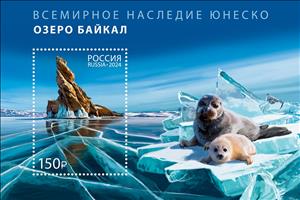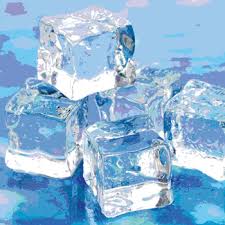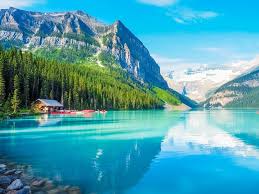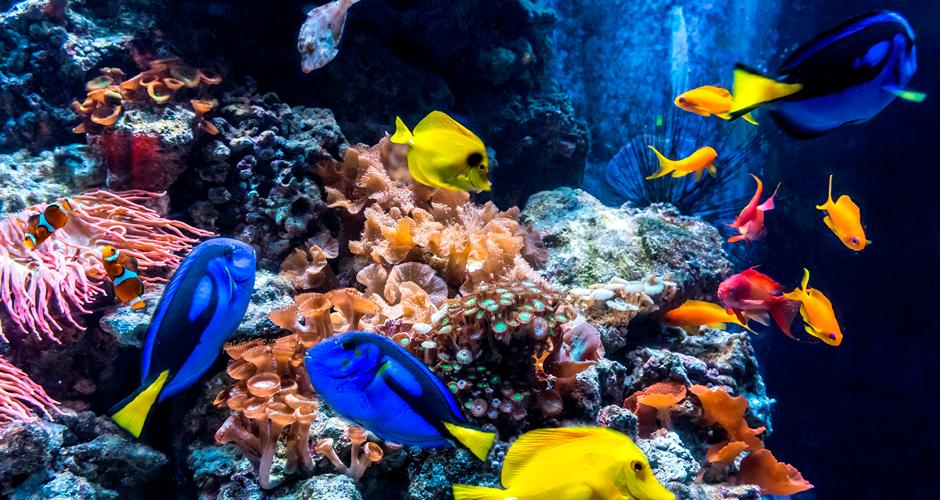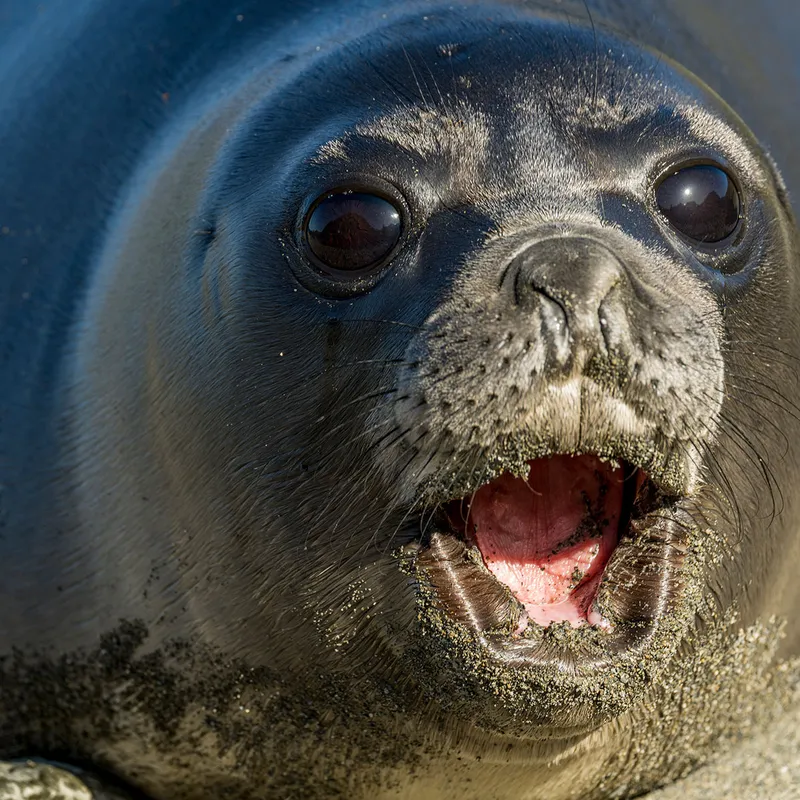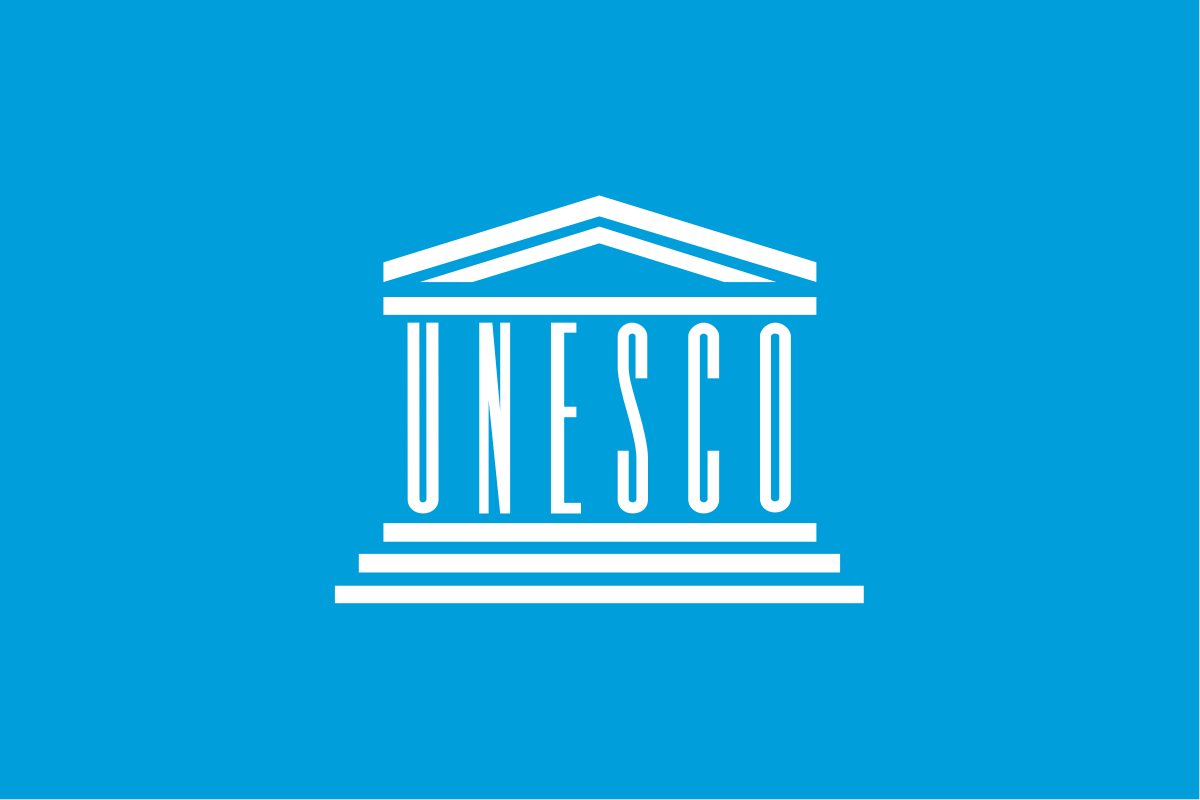Souvenir Sheet: Russia in UNESCO 70 Years : Lake Baikal (Russia 2024)
Russia in UNESCO 70 Years : Lake Baikal (Russia 2024)
22 April (Russia ) within release Russia in UNESCO 70 Years : Lake Baikal goes into circulation Souvenir Sheet Russia in UNESCO 70 Years : Lake Baikal face value 150 Russian ruble
| Souvenir Sheet Russia in UNESCO 70 Years : Lake Baikal in catalogues | |
|---|---|
| Colnect codes: | Col: RU 2024.04.22-01 |
Souvenir Sheet is horizontal format.
Also in the issue Russia in UNESCO 70 Years : Lake Baikal:
- Souvenir Sheet - Russia in UNESCO 70 Years : Lake Baikal face value 150;
- Stamp - Russia in UNESCO 70 Years : Lake Baikal face value 150;
Souvenir Sheet Russia in UNESCO 70 Years : Lake Baikal it reflects the thematic directions:
Ice is water that is frozen into a solid state, typically forming at or below temperatures of 0 °C, 32 °F, or 273.15 K. As a naturally occurring crystalline inorganic solid with an ordered structure, ice is considered to be a mineral. Depending on the presence of impurities such as particles of soil or bubbles of air, it can appear transparent or a more or less opaque bluish-white color.
A lake is a naturally occurring, relatively large and fixed body of water on the Earth's surface. It is localized in a basin or interconnected basins surrounded by dry land. Lakes lie completely on land and are separate from the ocean, although they may be connected with the ocean by rivers, such as Lake Ontario. Most lakes are freshwater and account for almost all the world's surface freshwater, but some are salt lakes with salinities even higher than that of seawater. Lakes vary significantly in surface area and volume.
Marine life, or sea life or ocean life, refers to the plants, animals and other organisms that live in the salt water of the sea or ocean, or the brackish water of coastal estuaries. At a fundamental level, marine life helps determine the very nature of our planet. Marine organisms produce much of the oxygen we breathe. Shorelines are in part shaped and protected by marine life, and some marine organisms even help create new land. Altogether there are 230,000 documented marine species, including over 16,000 species of fish, and it has been estimated that nearly two million marine species are yet to be documented. Marine species range in size from the microscopic, including plankton and phytoplankton which can be as small as 0.02 micrometres, to huge cetaceans (whales, dolphins and porpoises) which in the case of the blue whale reach up to 33 metres (109 feet) in length, being the largest known animal.
Pinnipeds (pronounced /ˈpɪnɪˌpɛdz/), commonly known as seals, are a widely distributed and diverse clade of carnivorous, fin-footed, semiaquatic, mostly marine mammals. They comprise the extant families Odobenidae (whose only living member is the walrus), Otariidae (the eared seals: sea lions and fur seals), and Phocidae (the earless seals, or true seals), with 34 extant species and more than 50 extinct species described from fossils. While seals were historically thought to have descended from two ancestral lines, molecular evidence supports them as a monophyletic group (descended from one ancestor). Pinnipeds belong to the suborder Caniformia of the order Carnivora; their closest living relatives are musteloids (weasels, raccoons, skunks and red pandas), having diverged about 50 million years ago.
The United Nations Educational, Scientific and Cultural Organization (UNESCO; pronounced /juːˈnɛskoʊ/) is a specialized agency of the United Nations (UN) with the aim of promoting world peace and security through international cooperation in education, arts, sciences and culture. It has 194 member states and 12 associate members,as well as partners in the non-governmental, intergovernmental and private sector. Headquartered in Paris, France, UNESCO has 53 regional field offices and 199 national commissions
